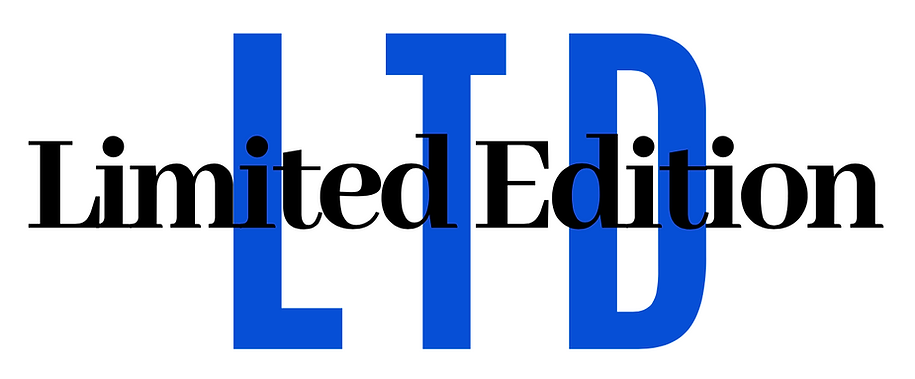Toronto Municipal Elections 2018: The Lead-Up and the Results
- Sean Huang
- Nov 21, 2018
- 3 min read
Election Briefing:
The Toronto municipal election of 2018 has been a very eventful campaign, comparable even to the infamous lead-up to the 2014 elections with the Rob Ford controversy. This was the first election to be conducted after the passing of the Better Local Government Act by the Doug Ford Progressive Conservative provincial government, which reduced the size of City Council from 47 wards, each with one councilor, to 25 wards. This reduction in City Council was opposed by a vocal minority of city inhabitants, who called it an anti-democratic move characteristic of a despot, and was initially declared unconstitutional by Justice Edward Belobala of the Ontario Superior Court due to perceived restrictions on freedom of expression. This unconstitutional ruling ushered in a crisis in which the Ford Government planned to use the notwithstanding clause of the Charter of Freedoms and Rights to override the unconstitutional ruling and impose a 25 ward council. The use of that clause provoked condemnation from many public figures, arguing that the use of the notwithstanding clause, in this case, was an overreaction, citing its inclusion as a last resort against a rogue judiciary. The crisis was averted; however, by the Ontario Appeal Court’s decision to stay the unconstitutional ruling, declaring that freedom of expression has not been infringed, and to go ahead with the 25 ward council.
There were two main mayoral candidates in the 2018 Toronto municipal elections: incumbent John Tory, and Jennifer Keesmaat. Both conveniently fall into the political spectrum on the centre-right and centre-left, respectively. Tory was the leader of the provincial Progressive Conservative Party from 2004-2009, serving as Leader of the Opposition in Ontario from 2005-2007, and also hosted a weekly radio show on CFRB Newstalk 1010. Keesmaat served as Chief Planner of Toronto from 2012-2018 under mayors Rob Ford and John Tory; she is also the CEO of Creative Housing Society, a non-profit striving to create affordable housing. Other candidates include Saron Gebresellassi, a Somali immigrant and prominent lawyer, Sarah Climenhaga, an advocate for changes at City Hall, and Faith Goldy, a prominent right-wing activist and former reporter at the Rebel. With pre-election polls indicating an easy win for Tory, at 56.0% to Keesmaat’s 29.0%.
Post Election Debrief:
Election day has come and gone once again, and, as expected, Torontonians elected John Tory Mayor. While not a surprising win, all things considered, the margin of Tory’s win was the largest since amalgamation in the late 90s. Tory won 63.51% of the vote, or about 450 000 votes total. His main competitor, Jennifer Keesmaat, won only 23.55% of the vote, less than half the amount who voted for Tory, or about 177 000 votes total. Coming in at a distant third was right-winger Faith Goldy, who won 3.4% of the vote, or about 25 000 votes total.
Other notable Toronto politicians were elected as councilors on Election day. Michael Ford, nephew of Premier Doug Ford and of the late Mayor Rob Ford, was elected in Ward 1. Former Eglinton-Lawrence MPP Mike Colle, who lost by a close margin in the provincial elections, was elected in Ward 8, the Ward formerly held by his son TTC Chair Josh Colle. Mike Layton, son of the late leader of the federal NDP Jack Layton, was elected in Ward 11. Notable leftist Kristyn Wong-Tam was reelected in Ward 13. Deputy Mayor Denzil Minnan-Wong was reelected in Ward 16 after a failed attempt during the provincial elections. John Filion, longtime councilor for Willowdale, was reelected in Ward 18.

Comments